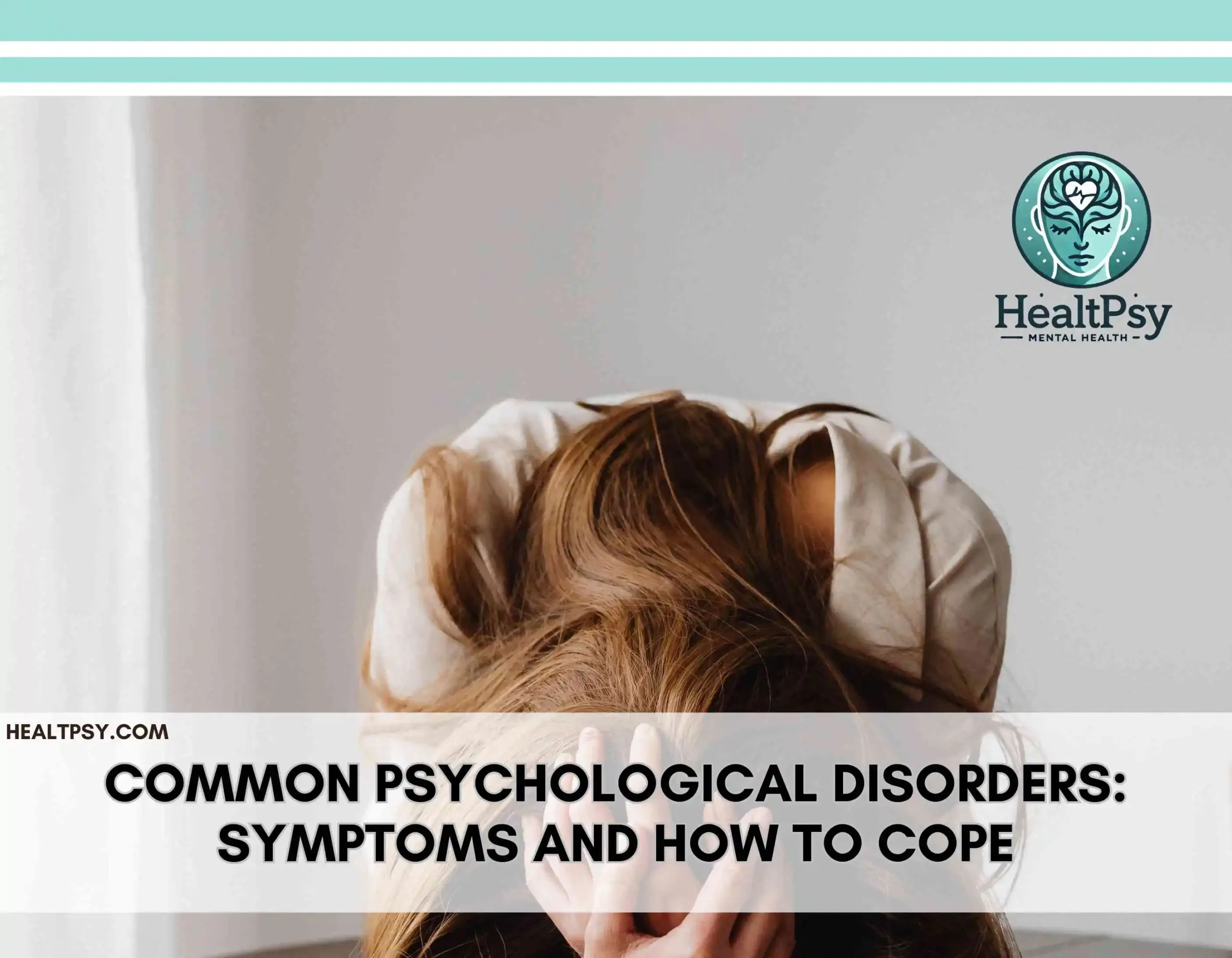Types of Psychotherapy and How to Choose the Right One for You
Introduction
What is Psychotherapy?
Psychotherapy is a structured therapeutic process conducted by trained mental health professionals aimed at improving emotional, psychological, and behavioral well-being. By providing a safe and confidential space, psychotherapy allows individuals to explore their thoughts, feelings, and behaviors to uncover insights and develop healthier coping mechanisms.
Types of Psychotherapy
1. Cognitive Behavioral Therapy (CBT)
CBT focuses on identifying and altering negative thought patterns and behaviors.
- Best for: Anxiety disorders, depression, OCD, PTSD, and phobias.
- Techniques used: Cognitive restructuring, exposure therapy, and behavioral activation.
- Example: A person with social anxiety may challenge irrational fears like “Everyone is judging me” and practice gradual exposure to social situations.
2. Psychodynamic Therapy
Delves into unconscious thoughts and past experiences to understand their influence on present behavior.
- Best for: Long-standing issues such as unresolved trauma, relationship challenges, or personality disorders.
- Example: Someone struggling with trust issues might explore how early childhood experiences shaped their views on relationships.
3. Humanistic Therapy
Humanistic therapy is a person-centered approach that focuses on the individual’s capacity for self-growth, self-acceptance, and achieving personal fulfillment. This form of therapy emphasizes the importance of understanding one’s feelings and perspectives without judgment. By fostering an empathetic and supportive environment, therapists help clients explore their values, goals, and potential.
- Best for: Enhancing self-esteem, navigating major life transitions, and fostering self-actualization.
- Key techniques: Active listening, reflective responses, and fostering unconditional positive regard.
- Example: A person feeling unmotivated in their career might work with a humanistic therapist to rediscover their passions and set meaningful goals aligned with their values.
4. Dialectical Behavior Therapy (DBT)
Originally developed to treat borderline personality disorder, DBT has expanded to address a variety of conditions characterized by emotional dysregulation and self-destructive behaviors. It combines cognitive-behavioral techniques with mindfulness practices to help individuals manage intense emotions, improve relationships, and develop healthy coping mechanisms.
- Best for: Borderline personality disorder, self-harm, eating disorders, and PTSD.
- Core techniques: Mindfulness, distress tolerance, emotional regulation, and interpersonal effectiveness.
- Example: A client struggling with self-harm might learn mindfulness skills to pause and reflect before acting impulsively, gradually replacing harmful behaviors with constructive alternatives.
- Best for: Borderline personality disorder, eating disorders, and self-harming behaviors.
- Core techniques: Mindfulness, emotional regulation, interpersonal effectiveness, and distress tolerance.
5. Interpersonal Therapy (IPT)
Focuses on improving relationships and social interactions.
- Best for: Depression, grief, and social anxiety.
- Example: A grieving individual might use IPT to rebuild supportive relationships and adjust to life changes.
How to Choose the Right Psychotherapy
- Identify Your Goals: Start by defining what you hope to achieve through therapy.
- Understand Your Challenges: Consider the issues you’re facing and the approaches that align with your needs.
- Research Therapists: Look for therapists specializing in your condition.
- Consider Practicalities: Evaluate the format, cost, and session frequency.
- Schedule a Consultation: Use the initial session to assess compatibility and approach.
The Benefits of Psychotherapy
- Improved emotional regulation
- Enhanced coping skills
- Better interpersonal relationships
- Greater self-awareness and insight
- Increased resilience to life’s challenges
Resources
Conclusion
Psychotherapy is a powerful tool for addressing mental health challenges and fostering personal growth. By understanding the different types of psychotherapy and evaluating your unique needs, you can select the approach that aligns best with your goals. Whether you’re seeking short-term relief or long-term transformation, psychotherapy provides the support and guidance needed for a healthier, more fulfilling life.
you might also like




